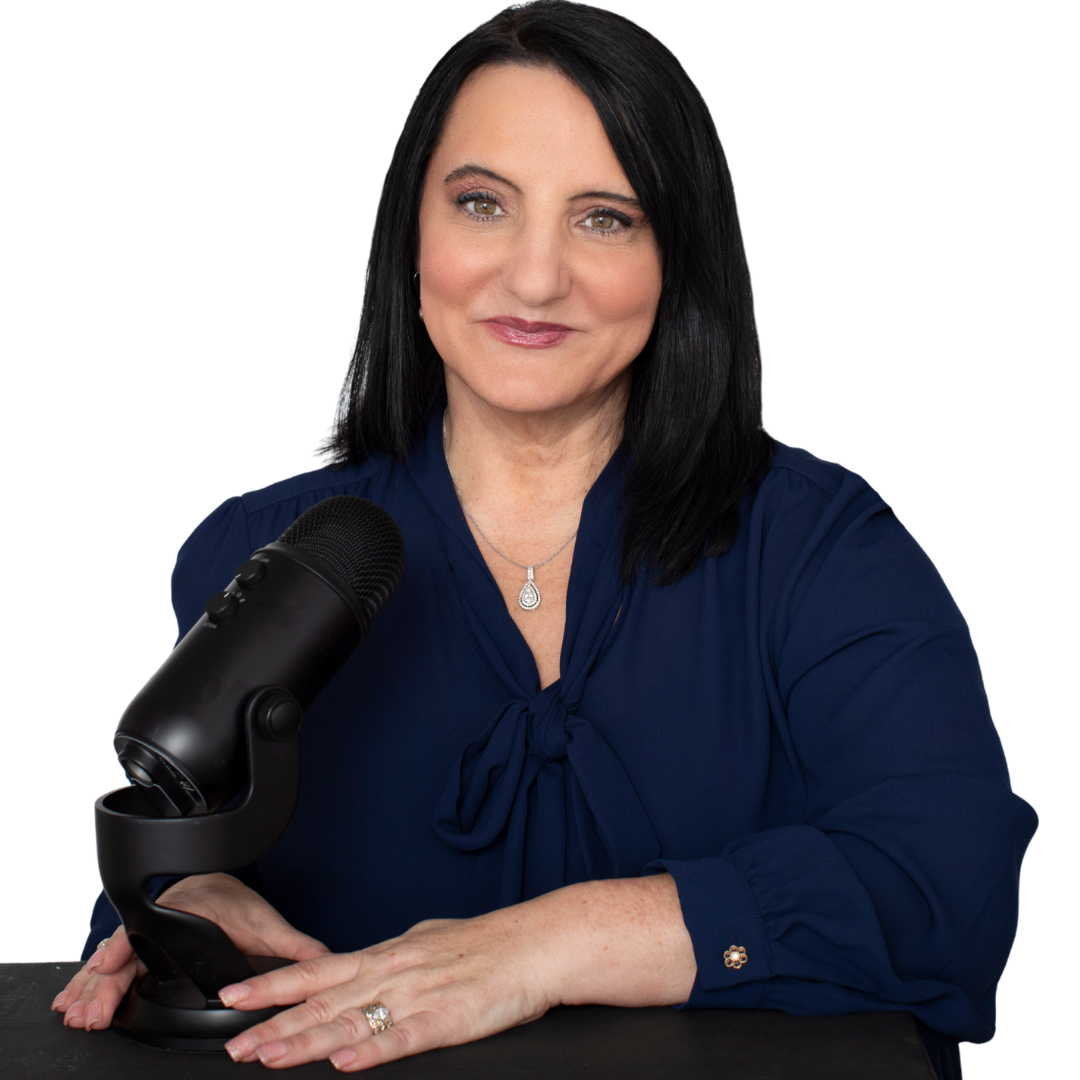Parenting a child who pushes back at every turn can feel downright draining. You’ve tried the time-outs, the sticker charts, the consequences—yet the meltdowns keep coming. It’s easy to start second-guessing yourself or wondering if you’re doing something wrong. You’re not alone. It’s not bad parenting—it’s a dysregulated brain.
In this episode, I’ll show you why what looks like defiance is actually emotional dysregulation—a nervous system issue, not a character flaw. We’ll walk through the five signs your child is emotionally dysregulated, not defiant, and I’ll give you practical, brain-based steps you can use to calm the storm and move forward with hope.
Why does my child overreact to small problems?
One of the biggest giveaways of emotional dysregulation is when kids have big feelings over little things. Maybe it’s the broken crayon, the wrong-colored cup, or being asked to do five more minutes of homework.
These disproportionate reactions are a sign that your child’s nervous system is in overdrive. It isn’t bad behavior—it’s your child’s body signaling stress overload.
For younger children, this often looks like temper tantrums. For older children, it may show up as irritability, anger, or even shutting down. No matter their age, these big emotions tell you that their emotional regulation skills need support.
The key question to ask yourself is: Is this their go-to response? If your child is regularly melting down over small problems, it’s not about being oppositional or defiant. It’s a clear sign they’re struggling with:
When you reframe these moments as emotional dysregulation rather than “bad behavior,” it shifts how you respond. Instead of getting caught in power struggles, you can focus on calming the brain first—because that’s where real change begins.
Why does my child stay upset long after a problem is solved?
Some kids just can’t seem to let go. Even after the situation is over, they’re still stuck in those big emotions long after everyone else has moved on.
This isn’t about holding a grudge—it’s their nervous system getting caught in a stress loop. No matter how much reassurance you give, they may replay the moment again and again.
That’s what emotional dysregulation does: it traps kids in the feeling and blocks them from practicing self regulation on their own.
So what helps? Co-regulation. Your child’s behavior is communication, and what they need most is your calm presence. That means:
🗣️ “Your child isn’t choosing to stay upset—they’re stuck in a stress loop. When you calm your own nervous system, you give their brain the roadmap back to regulation.” – Dr. Roseann
When we, as parents, stay calm first, we give our kids the emotional skills and examples they need to eventually regulate their own emotions.
Why does my child reject comfort when upset?
It’s heartbreaking when you reach out to comfort your child and they push you away, scream, or even call you names. While it feels like rejection, what’s really happening is that their brain is flooded and their nervous system can’t take in more input.
A dysregulated child often can’t receive comfort until their body begins to settle. These emotional responses aren’t about disrespect or bad behavior—they’re stress-driven survival mode. And remember, even adults sometimes need space before they can calmly re-engage.
What helps?
When you stay calm first, you show your child how to practice self regulation and build the emotional skills they need to manage those big feelings in healthier ways.
Yelling less and staying calm isn’t about being perfect—it’s about having the right tools.
Join the Dysregulation Insider VIP list and get your FREE Regulation Rescue Kit, designed to help you handle oppositional behaviors without losing it.
Download it now at www.drroseann.com/newsletter
Why does my child get aggressive or shut down?
Whether it’s screaming, hitting, kicking, or hiding in their room, these are not calculated choices—they’re nervous system reactions.
Verbal or physical aggression and shutdowns are classic signs of a dysregulated brain. This is especially common in kids who’ve been labeled with oppositional defiant disorder (ODD) or other mental health issues. Remember: anger is often stress in disguise.
Let’s calm the brain first. That’s how kids build the emotional control they need for healthier responses.
Why does my child melt down during transitions or when hungry?
If your child has severe tantrums when they’re tired, overstimulated, or asked to switch activities, that behavior is a clue.
Instead of expecting perfection, notice patterns. If your child’s behavior shifts quickly with tiredness, overstimulation, or hunger, that’s a sign of emotional dysregulation—not defiance.
Parenting a dysregulated child is hard—but there is hope. When you shift from “My child is giving me a hard time” to “My child is having a hard time,” everything changes.
With the right emotional regulation strategies and a focus on calming the child’s brain, you can bring more peace to your child’s life and your family life too.
Every child’s journey is different. That’s why cookie-cutter solutions don’t work.
Take the free Solution Matcher Quiz and get a customized path to support your child’s emotional and behavioral needs—no guessing, no fluff.
Start today at www.drroseann.com/help
Calm doesn’t come from hoping—it comes from the right tools.
Quick Calm helps you bring peace back to your home in just one week.
Learn more at drroseann.com/quickcalm
FAQs
How can I help my child calm down fast?
Start with co-regulation: you staying calm helps your child’s nervous system settle. Deep breathing, movement breaks, or sensory tools can quickly lower stress.
Is my child’s anger a sign of oppositional defiant disorder (ODD)?
Not always. Anger often comes from stress or dysregulation, not intentional defiance. A brain-first approach helps you see beyond the label.
Why doesn’t punishment work with my child?
Punishment targets behavior, not the root cause—an overwhelmed brain. Regulation strategies calm the nervous system so real learning and behavior change can happen.

